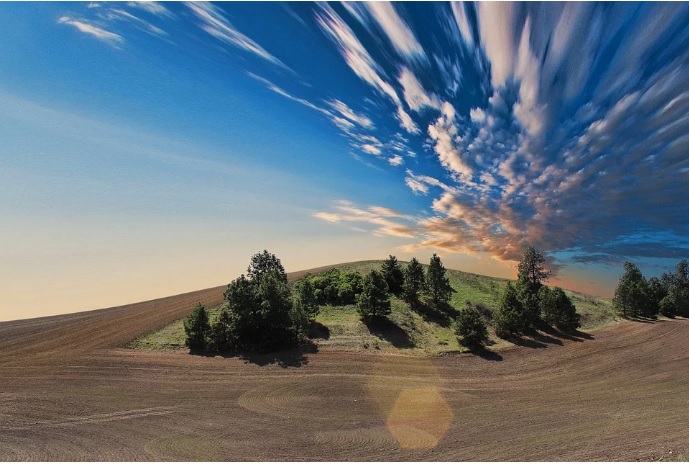
When spending large amounts of money on something you will always be wary. That’s why some people have second thoughts when it comes to large investments like land. People don’t want to lose large amounts of money, so they wonder whether or not these investments will actually pay off. Investing in something like land has many benefits and rewards, but could also come with some risks and drawbacks. So is investing in land worth it?
Types of Land
When deciding whether buying land is a smart decision, the first thing you need to consider is what type of land you are buying. Is it land that is close to town and will be in demand for residential housing? Is the rural land for sale, land that would be best used for crops and livestock? The type of land you are purchasing will directly influence the type of interest the land demands and what type of buyers you will be courting. Determining what the land will be best used for and how you’re going to sell it is a major factor in how much money you’re going to get and how successful your investment will be.
When to Buy
Another deciding factor on whether or not investing in land is a smart decision is when you buy the land. One of the great things about land is that it naturally appreciates in value over time due to its limited supply. In addition, vacant land can always be improved upon to make the investment’s pay off a little sweeter. While this may be tempting, there are times when buying is better than usual. For example, you will likely have to hold onto the land for an extended period of time before you see any meaningful amount of appreciation. This means that you need to be patient with the investment, and also means that you have to be financially stable enough to not sell early. In addition, you have to purchase at a time where you have plenty of disposable income. This will allow you to further improve the vacant land with buildings and other amenities, getting you to the point where you can sell your land for a massive profit. If you’re at a time where you need a quick turnaround on your investment and don’t have the money or patience to see the investment through, then perhaps you should look for something else.
Warning Signs and Risks
Although buying vacant land is a relatively safe form of investment, there are some warning signs and risks that can tank your profits. First, the land itself can be a cause for concern. If the land has any major defects or bad qualities, then the price you can demand for it falls dramatically. A few examples of defects would be infertile soil on land that you plan to sell as rural farmland, or a residential area being too far away from town and in a poor school district. However, defects and bad qualities aren’t the only things you need to worry about. Like established real estate, open land is directly tied to the economy. If the economy is strong, then people will have more disposable income and will be more likely to purchase land. On the other hand, if the economy is bad then disposable income will be hard to come by and people will buy less property. As people buy less, the demand and price of your land will fall. As a result, if you buy land and then the economy tanks afterwards, your land’s value may actually decrease instead of appreciate. As a result, you need to be extra careful when you buy land, and you need to monitor the economy and the local market to ensure you’re selling at the best time.
The Verdict
In the end, investing in land is relatively safe. Land can naturally appreciate just from holding onto it. In addition, the investment can be extremely versatile, as you can always improve the land or build onto it, selling the property for even more profit. However, investing in land isn’t perfect and it comes with some slight risks. If you’re smart about your investment and are able to manage these risks, then investing in land should be able to net you a return you’ll be extremely happy with.
















